
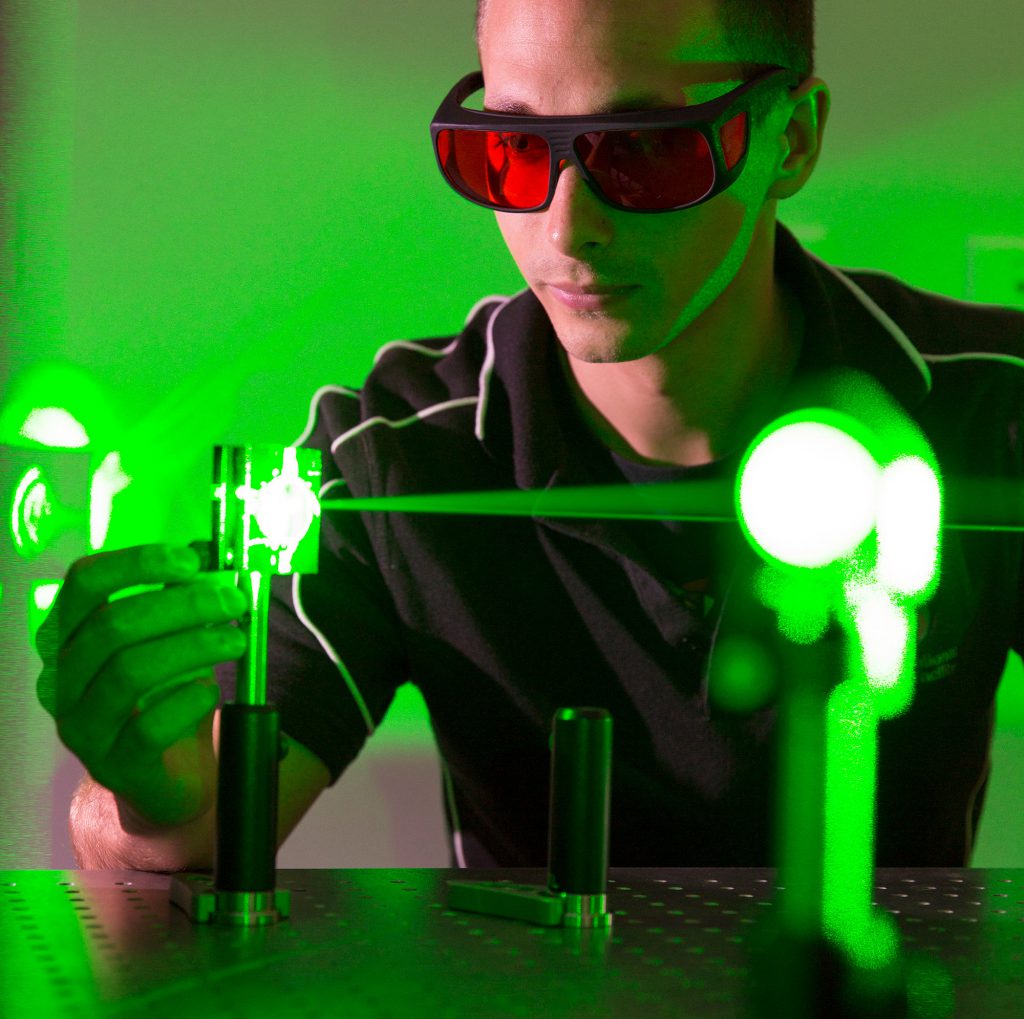
Optofab offers specialist facilities and dedicated staff that are on hand to provide services and technical support to users in microprocessing, microfabrication and characterisation of fibre, planar and bulk materials which include silica, metals, ceramics, silicon, polymers and crystals.
Optofab services have proved beneficial for applications in telecoms, biotechnology, biomedicine, microelectronics, ...
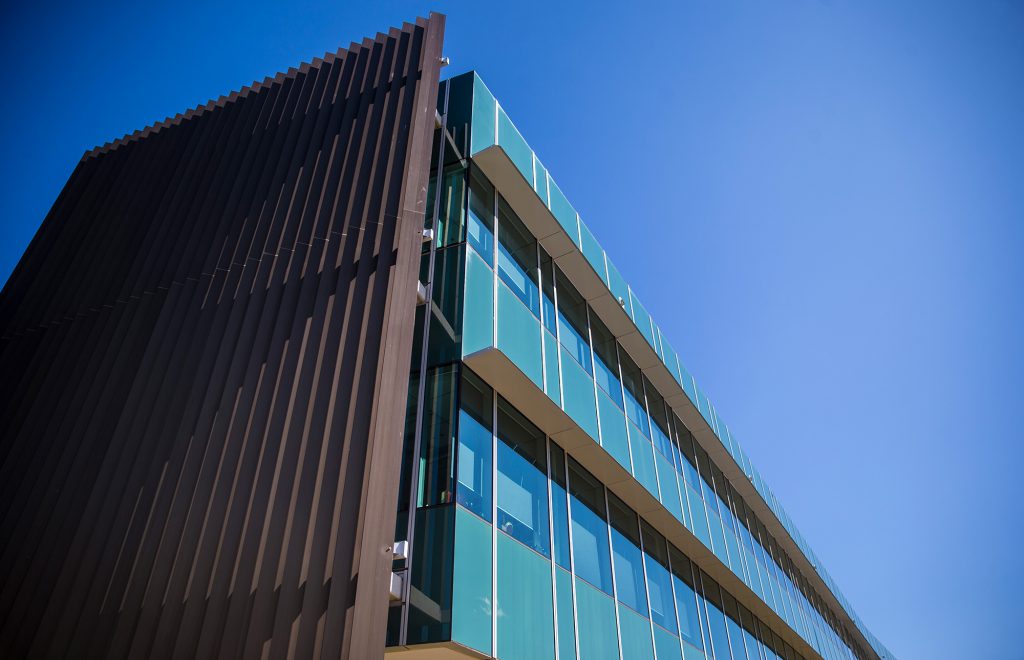
The ANFF Materials Node brings together specific strengths in the fabrication of both hard and soft materials, particularly organic and inorganic electronic materials.
The Materials Node is based at the University of Newcastle (UoN) and the University of Wollongong (UoW). It combines the skills, facilities and expertise of the Translational Research Initiative ...
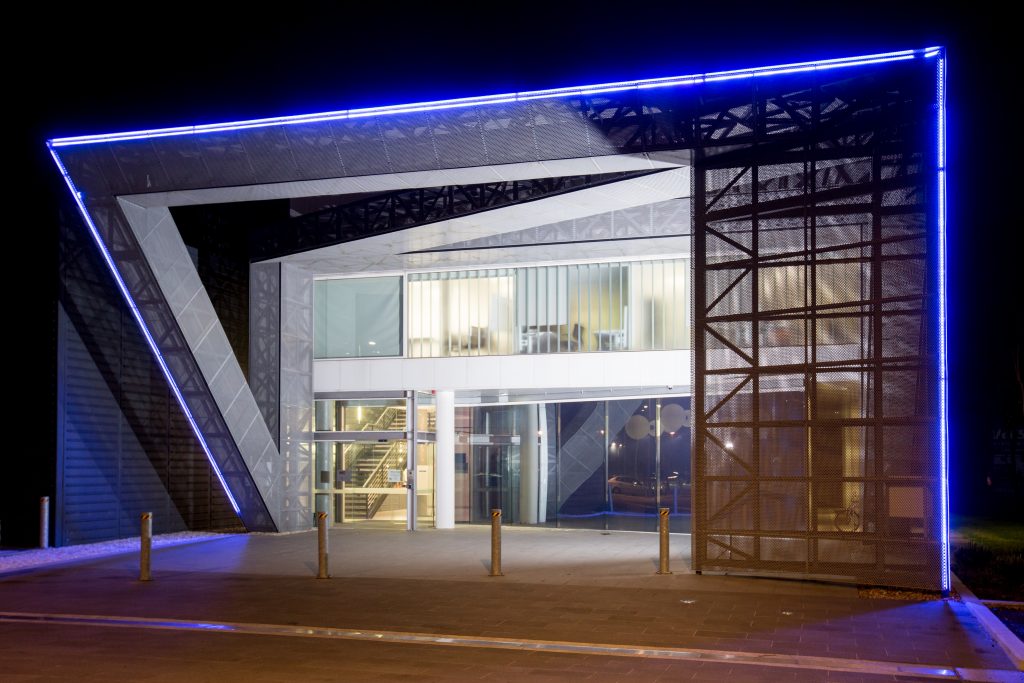
In order to oversee the distribution of funding, to implement directives from the various advisory committees and a board of directors, and to govern the national facility in general, ANFF Limited (ANFF), a company limited by guarantee and incorporated in Victoria, was established in 2007.
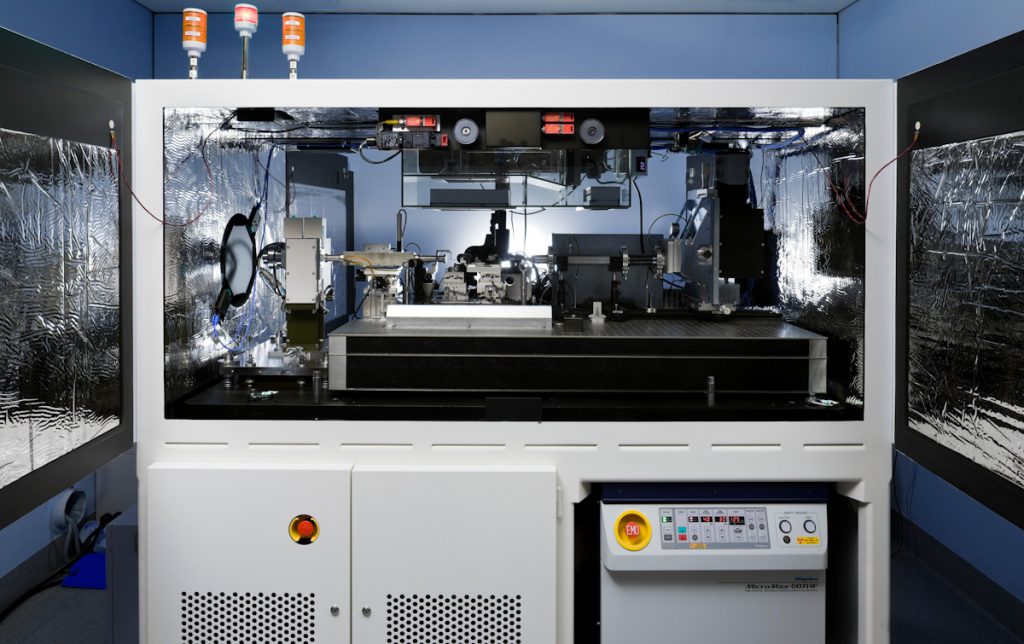
ANFF SA is a world-class micro and nanofabrication facility providing access to cutting-edge equipment with support from expert staff specialising in microfluidics, organic electronics, biomaterials, novel semiconductor materials and characterisation.
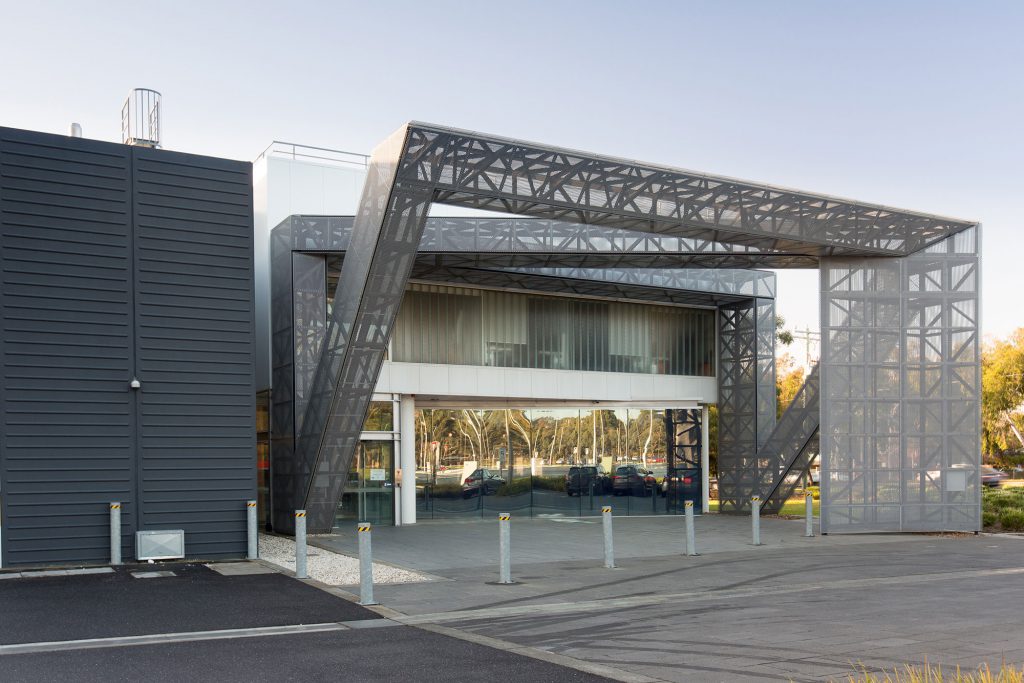
ANFF-Vic ties the largest open-access cleanroom in the southern hemisphere, the Melbourne Centre for Nanofabrication (MCN), with five university-based hubs and CSIRO spread across Victoria providing a full complement of nanofabrication capabilities and expertise.
Members of the ANFF-Vic Joint Venture include: Monash University; University of Melbourne (Materials Characterisation and Fabrication Platform); ...
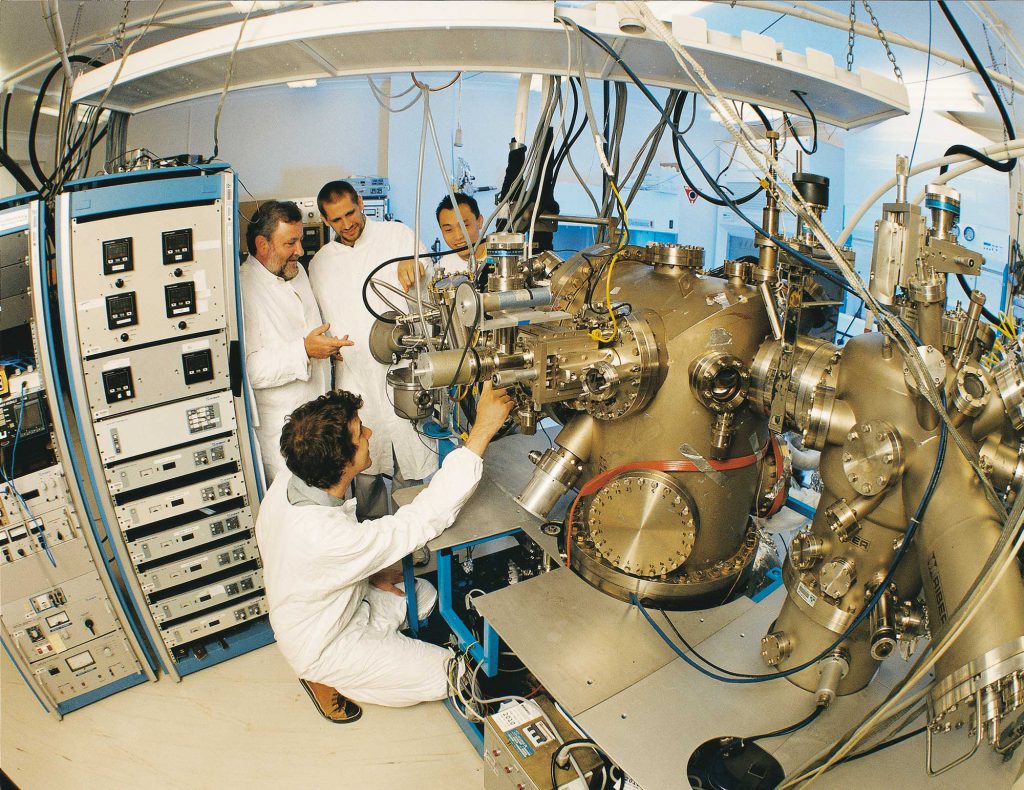
ANFF WA provides a wealth of knowledge in advanced microelectronic, optoelectronic, and photonic materials, devices and systems. The node runs a complete, vertically integrated facility, from materials growth, through device design, fabrication and testing, to packaging and subsystem assembly.
The WA node is based at the University of Western Australia, Crawley. ...
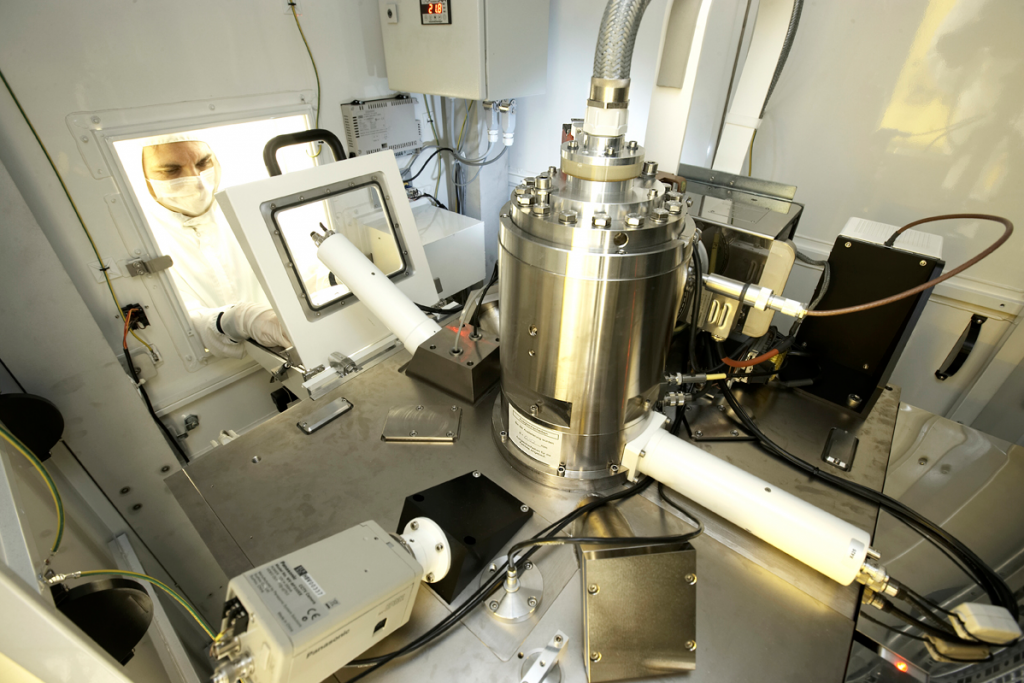
The NSW Node of ANFF is split between the University of New South Wales (UNSW), the University of Sydney and the University of Technology Sydney (UTS).
The core area of expertise for ANFF’s activities at UNSW includes nanoelectronics, with both Si-MOS and GaAs devices with sub-50 nm feature sizes routinely produced ...
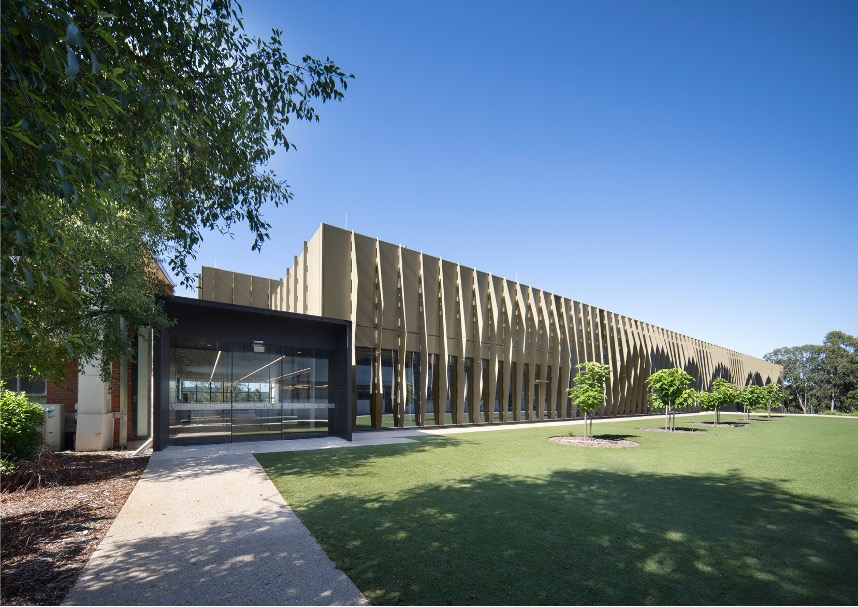
ANFF-ACT facility provides a range of capabilities and services for the micro/nanofabrication of photonic and related devices as well as the fabrication of waveguides and photonic crystals.
The node, located at the Australian National University, specialises in photonic/electronic materials growth, and the processing and fabrication of devices including micro electro-mechanical systems ...
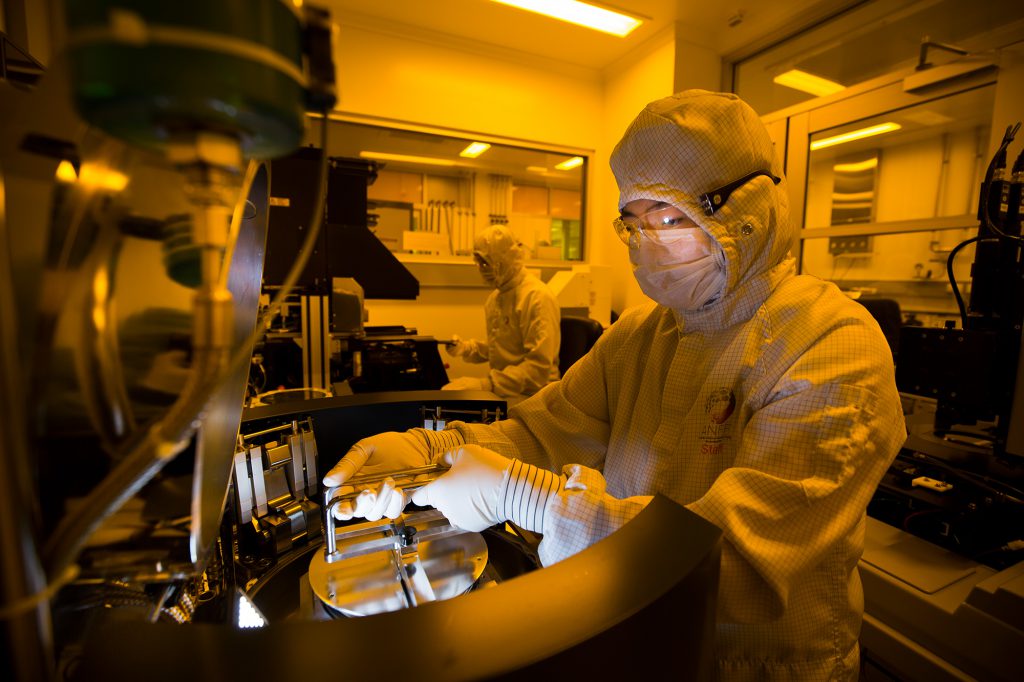
Through an advanced suite of tools and substantial expertise, ANFF-Qld specialises in microfluidics, organic electronics and optoelectronics, biomaterials, novel semiconductor materials and characterisation. The node comprises four facilities, two at the University of Queensland and two at Griffith University.
The innovative and integrated institutes and centres that play host to the ...
